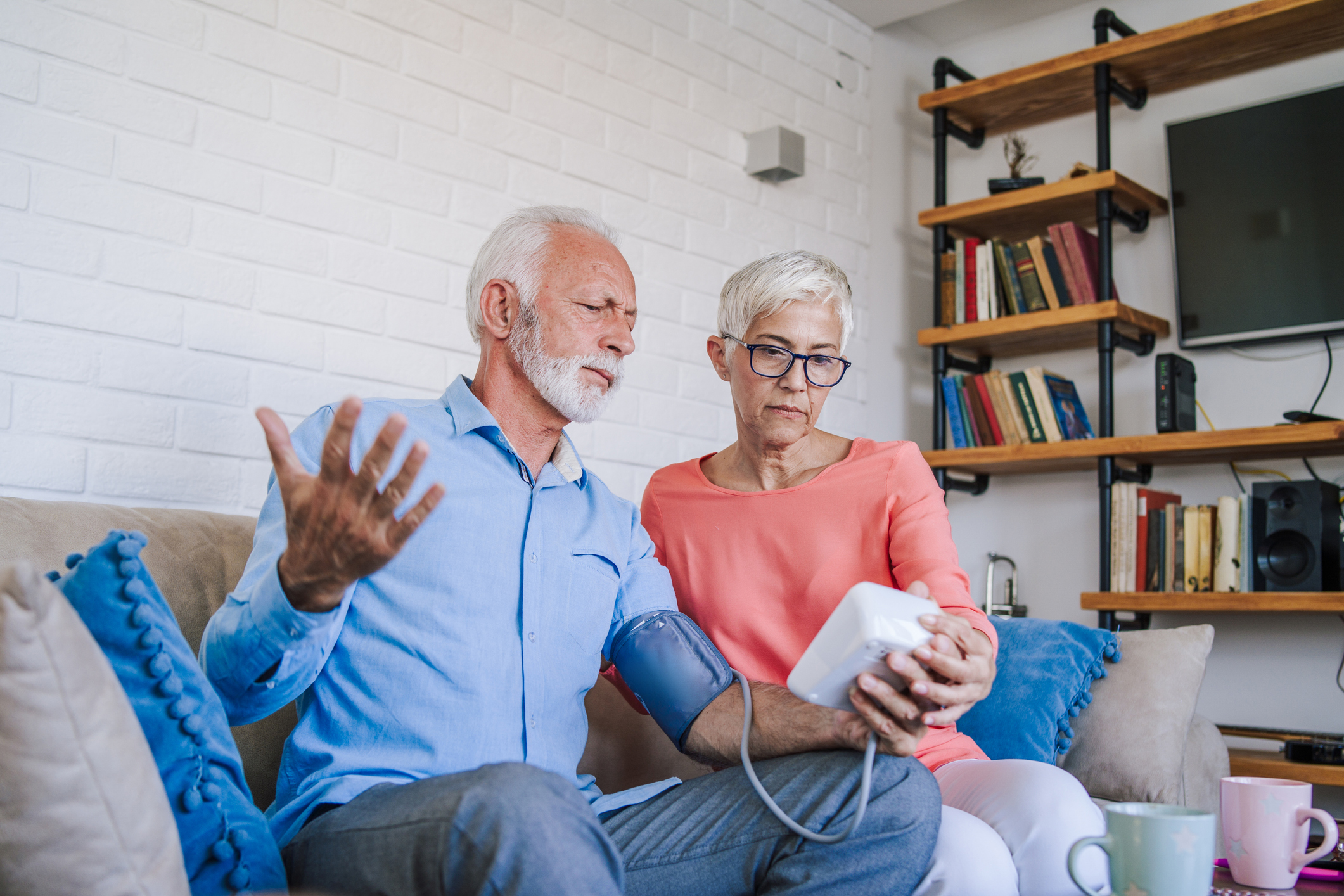Get Easy Health Digest™ in your inbox and don’t miss a thing when you subscribe today. Plus, get the free bonus report, Mother Nature’s Tips, Tricks and Remedies for Cholesterol, Blood Pressure & Blood Sugar as my way of saying welcome to the community!
The blood pressure drug that makes blood pressure worse

Early last year, I told you about how I found out that I had high blood pressure, and how I started taking a diuretic, better known as a “water pill.” It reduces blood pressure by getting your body to eliminate more fluids.
I’ve been taking it for about 11 years now, with no side effects and no high blood pressure. But not everyone is that lucky.
In the same article, I told you about the dangers of ACE inhibitors and the research that links them to lung and breast cancer.
As I’ve continued my research into the risks and benefits of medications for hypertension, I’ve discovered some truly unsettling things.
Most recently, it’s another common class of blood pressure medicine that’s come under scrutiny. It’s designed to prevent damage to your blood vessels, but it looks like it may actually increase that damage…
The blood pressure drug that actually makes things worse
Calcium channel blockers treat hypertension by keeping excessive calcium from entering blood vessel cells. That’s because too much calcium causes vascular smooth muscle cells (VSMCs) that line your blood vessels to become thick and stiff, which raises blood pressure.
So far, so good, right?
But a team led by researchers from Penn State found that L-type calcium channel blockers (LCCBs) also cause a type of protein called stromal-interacting molecules to become overactive.
That’s a problem because this protein causes the VSMCs to divide and proliferate, essentially thickening the blood vessels.
That means, according to Mohamed Trebak, professor of cellular and molecular physiology, Penn State, “L-type calcium channel blockers are one of the most widely prescribed drugs to treat hypertension, yet we have found that these drugs may cause the same type of damage they are intended to prevent.”
You should also know that calcium channel blockers can cause constipation. Having high blood pressure increases anyone’s risk for heart problems. However, studies have shown the combination of constipation and high blood pressure takes those risks to a higher level.
Danger-free ways to support normal blood pressure
If you are already taking a blood pressure medication prescribed by your doctor, we certainly don’t recommend that you stop, cold turkey. Talk to your doctor to find out what type of calcium channel blocker you are on and if there are options.
But, considering what I’ve shared with you, and especially if you’re not yet taking medication, you may very well want to talk with your doctor about how you can start on some low-risk ways of controlling your blood pressure.
- Taking supplements that can help manage high blood pressure, including potassium and CoQ10. And don’t forget vitamin K2 keeps your blood vessels elastic by safeguarding elastin, a protein that keeps vessel walls pliable, and helps direct excess calcium to bones. Pterostilbene and grape seed extract have also shown measurable improvements in blood pressure.
- Get at least 150 minutes of moderate to vigorous exercise a week to keep your blood pressure balanced… about 30 minutes a day.
- Take time to de-stress. And, while you’re at it, take up yoga, meditation or tai chi.
- Try these eight herbs that help control blood pressure.
Editor’s note: Have you heard of EDTA chelation therapy? It was developed originally to remove lead and other contaminants, including heavy metals, from the body. Its uses now run the gamut from varicose veins to circulation. Click here to discover Chelation: Natural Miracle for Protecting Your Heart and Enhancing Your Health!
Sources:
L-type calcium channel blockers may contribute to heart failure, study finds — Medical Xpress
Common blood pressure drug may do more harm than good — The Institute for Natural Healing
Use of Antihypertensive Medications and Breast Cancer Risk Among Women Aged 55 to 74 Years — JAMA Internal Medicine













